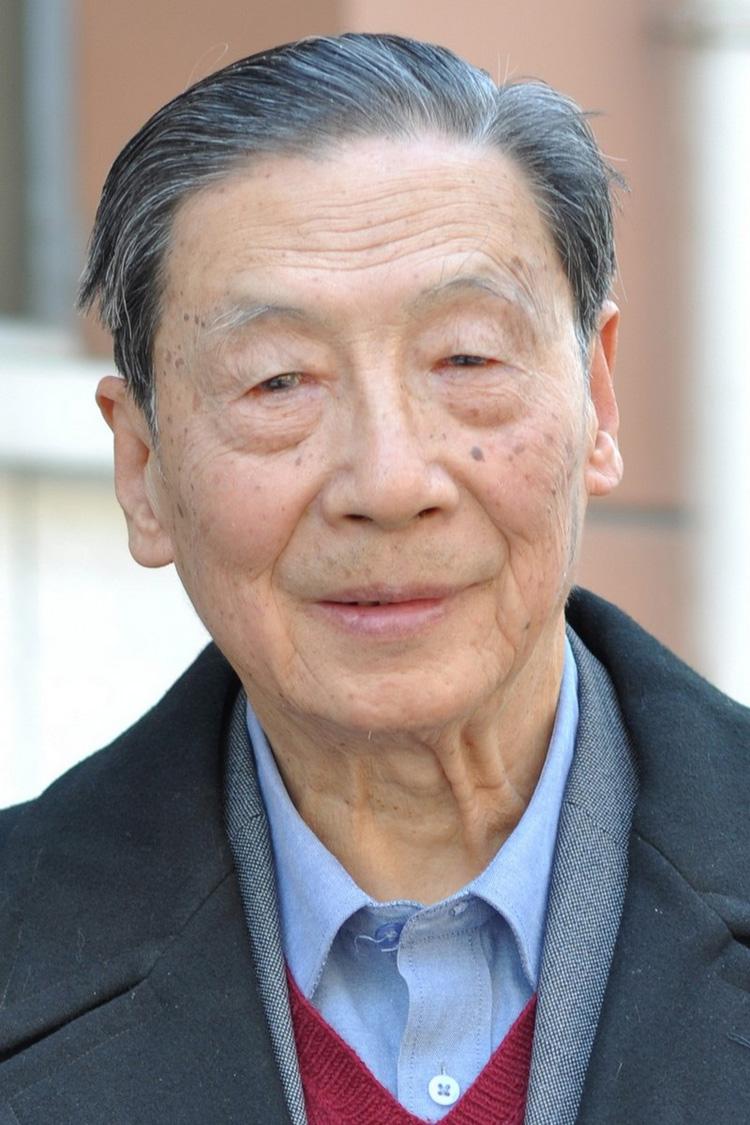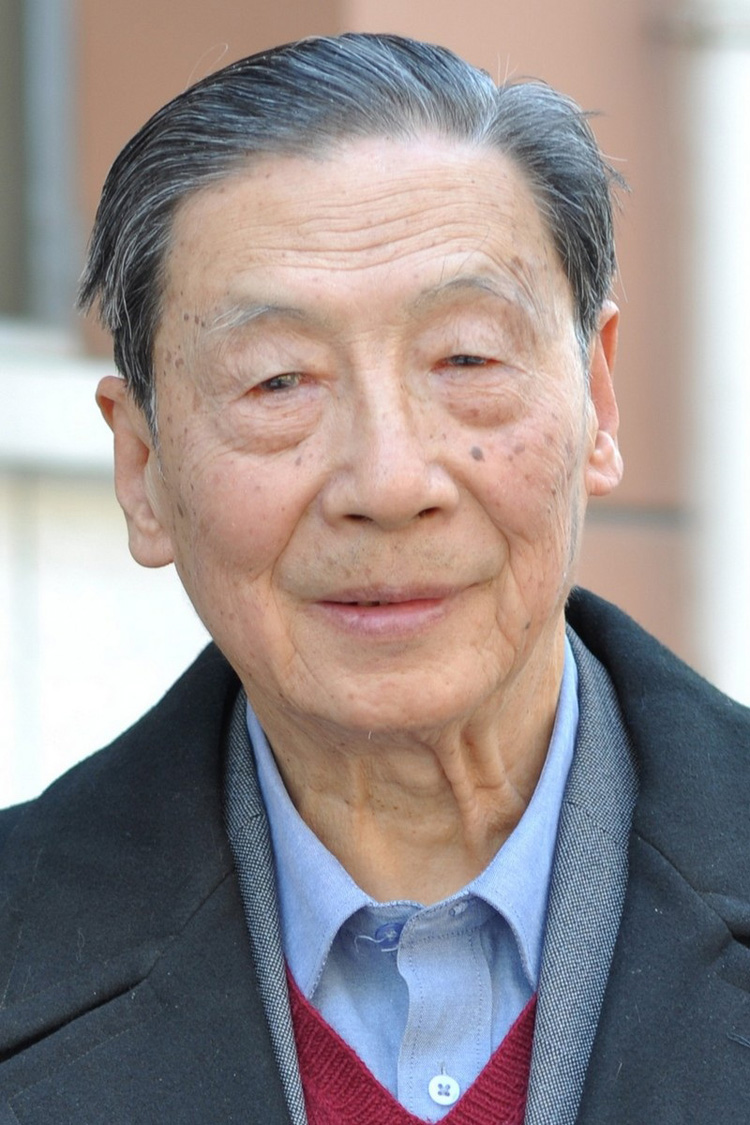A free market think tank in the U.S. has given an award and $250,000 to a Chinese economist, setting off discussion, praise, a blitzkrieg of censorship, and harsh attacks on the Chinese Internet.
The Milton Friedman Prize for Advancing Liberty was given to Mao Yushi, 83 this year, by the Washington-based Cato Institute on March 29, along with the cash prize.
Mao Yushi is one of the most well-known pro-reform and free-market economists in China. He founded the Unirule Institute of Economics with several peers in 1993 as a vehicle for his ideas, and has published 15 books on market economics. In 2011, he wrote a scathing article laying out the crimes of the Mao Zedong regime, receiving death threats from enraged Maoist and regime-boosters.
The reception in China of the award to Mao Yushi has broken along the lines of the power struggle currently roiling Beijing.
It has been vociferously condemned by “leftists,” who have been on the defensive recently. Bo Xilai, the former Chongqing Party chief and heir apparent to domestic security czar Zhou Yongkang, was fired on March 15 and is believed to be under house arrest. Fifty of Bo’s cronies have since been arrested, while Premier Wen Jiabao has been arguing that China should proceed with political and economic reform.







